Options for relief at any age
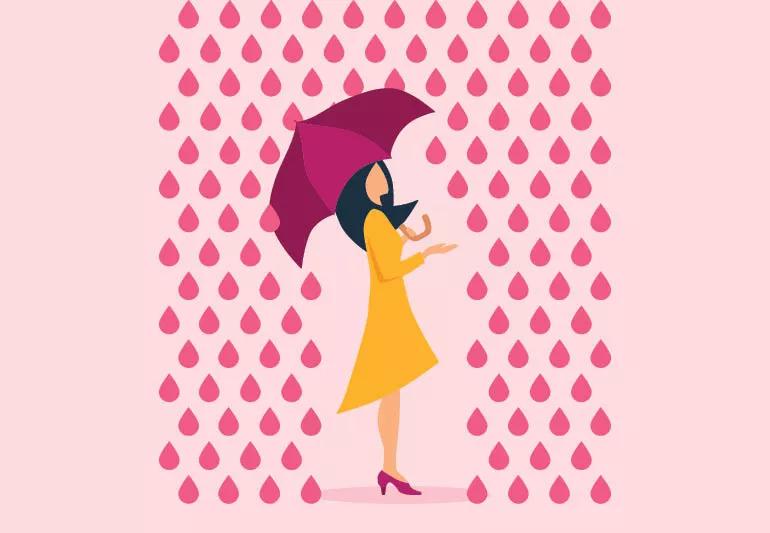
If your monthly menstrual flow changes — getting heavier or lasting longer over time — it’s tempting to just buy pads or tampons that are more absorbent and put up with it, especially if you’re approaching menopause and the end of your periods is in sight.
Advertisement
Cleveland Clinic is a non-profit academic medical center. Advertising on our site helps support our mission. We do not endorse non-Cleveland Clinic products or services. Policy
But a heavier flow may have an underlying cause that needs immediate attention. So a “wait and see” approach to heavier periods is risky, no matter how old you are.
If you’re like the average woman, you’ll have between 400 and 500 periods in your lifetime. And that’s a big chunk of time to spend altering your life because your flow is so heavy you’re afraid of leaking. And the truth is, you have other options.
There are several things you can do about a heavy menstrual flow, says Linda Bradley, MD, Director of The Fibroid and Menstrual Disorders Center at Cleveland Clinic. And your doctor can help you figure out what’s causing it, so you’ll know what the right option is for you.
It’s normal to see some fluctuation when you first start having periods and again as you approach menopause. But if you notice changes in your period along the way, it’s a good idea to find out what your body is trying to tell you.
“Women should track their periods and know what’s normal for them,” says Dr. Bradley.
Stress and other factors, including some medications, may have an impact on your cycle. But you shouldn’t simply accept an increase in your flow or a consistently heavy flow, she says. And that’s true regardless of your age.
Advertisement
A heavier flow one month is often not a cause for concern. But if you experience a noticeable increase in your flow over a few months or have ongoing irregular periods, you should see your doctor to check for an underlying cause. Conditions that may cause heavier bleeding include:
And these all may need immediate attention. So it’s important to have a thorough evaluation to find out what’s going on. Your doctor should conduct tests specifically to diagnose or rule out these factors, Dr. Bradley says.
For example, a biopsy or regular ultrasound isn’t always enough. She says a specialized transvaginal ultrasound, also called saline infusion sonography, is often essential for a complete exam.
“It’s important for doctors to consider the whole woman,” she says.
And it’s equally important for women to know that there are options to help ease their monthly flow, or even stop it.
Dr. Bradley says some women avoid getting help with heavy periods because they’re worried a hysterectomy is their only option. And the statistics may make that concern seem very real. “One in three women has had a hysterectomy, but only 10% are due to cancer,” she says.
Not every woman who has a heavy period has an underlying problem. But even if there are medical issues, Dr. Bradley says doctors can treat many of them with minor surgery or medications.
“If fibroids are located in the uterine cavity (submucosal fibroids), we can easily treat them with a brief outpatient procedure called operative hysteroscopy,” she says.
For healthy women who don’t want to reschedule their lives for one week out of every month, birth control pills can help lighten or even stop the flow altogether. Lysteda, a non-hormonal, FDA-approved medication, also is useful in treating heavy periods, she says.
Previously, endometrial ablation was a common option to help treat abnormal bleeding, but it’s not typically done very often anymore. The procedure involves destroying the lining of the uterus (usually by heat or cold) to reduce menstrual flow. It’s not recommended for women who may want to have children in the future and there is the potential for complications later down the road.
From Dr. Bradley’s perspective, it’s all about each woman’s choice. If a woman is healthy and doesn’t have a problem coping with a heavier period, then doing nothing is the right option for her.
Advertisement
What matters most is that women know their bodies and understand that there are alternatives to a hysterectomy if heavy periods are a problem.
“At no point in our lives should our periods stop us from living,” she says.
Advertisement

Sign up for our Health Essentials emails for expert guidance on nutrition, fitness, sleep, skin care and more.
Learn more about our editorial process.
Advertisement

Stress, PCOS, perimenopause or hyperthyroidism may cause a low flow

Heat therapy, light exercise and anti-inflammatory medications can bring relief

The research isn’t clear, but it’s safe to try this essential mineral for relief
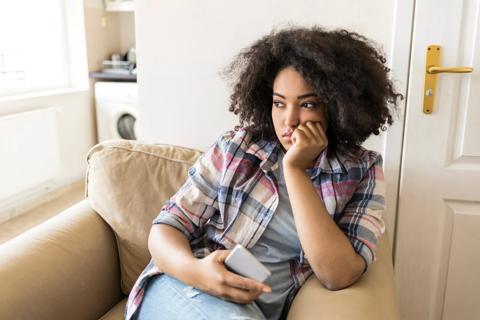
From medications and stress to PCOS and STIs, there’s a wide range of reasons Aunt Flo may overstay her welcome
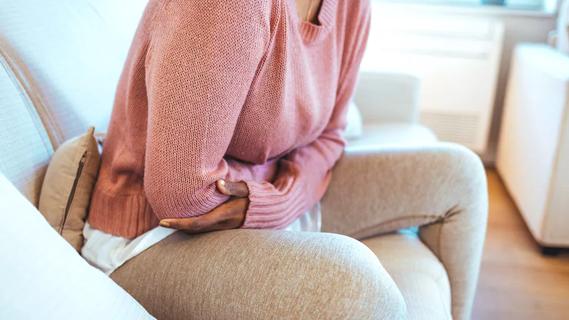
Although it can be alarming, it’s normal to experience blood clots during menstruation
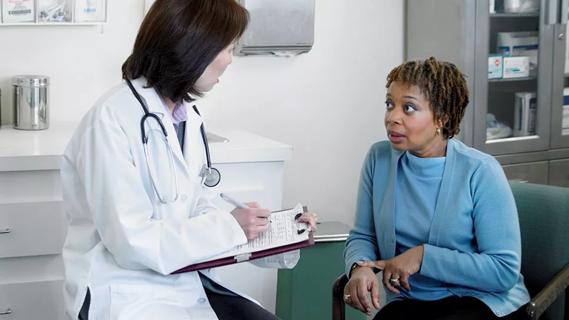
Reasons for spotting can include menopause, uterine fibroids, PCOS and birth control
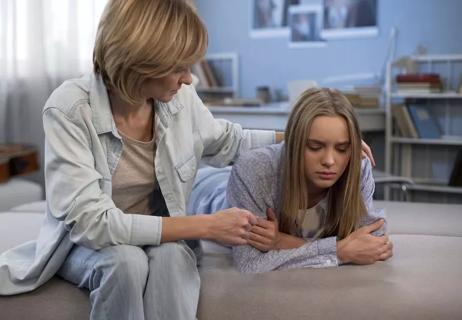
Look for signs of an underlying bleeding disorder

Cravings are a natural response to hormonal changes, but giving into them may make you feel worse

The tropical fruit is a good source of antioxidants and vitamin C

Most people fall asleep within 10 to 20 minutes, but if your experience is different, adjusting your sleep schedule may help

Exploring your hidden side can lead to better understanding of what makes you tick